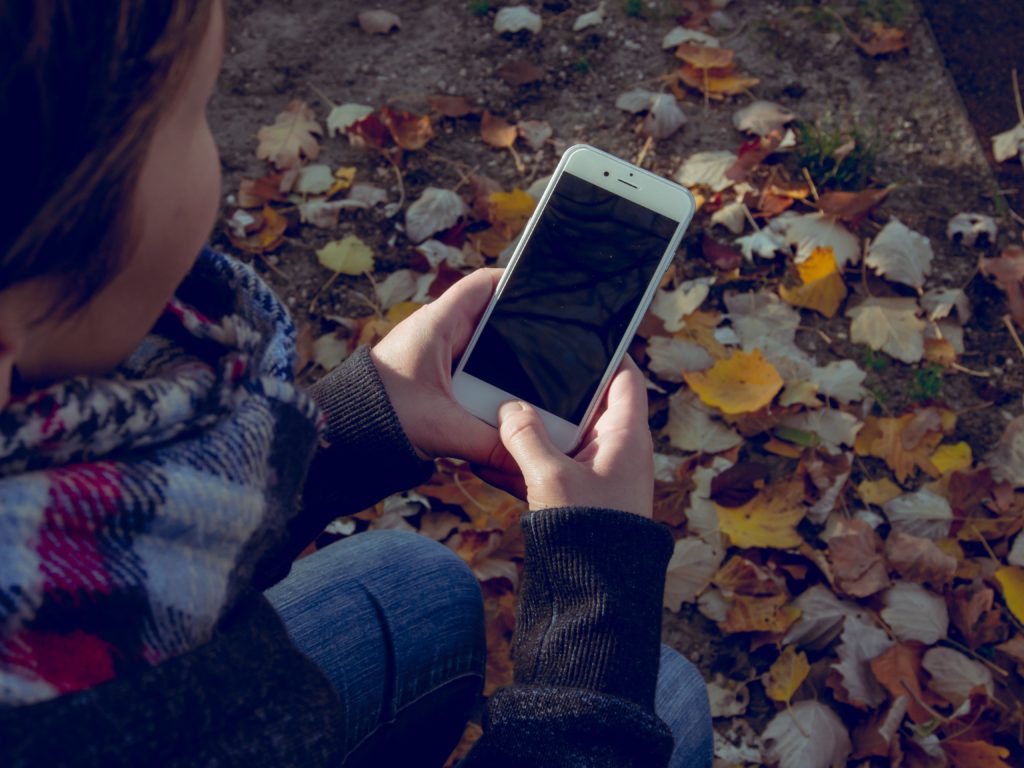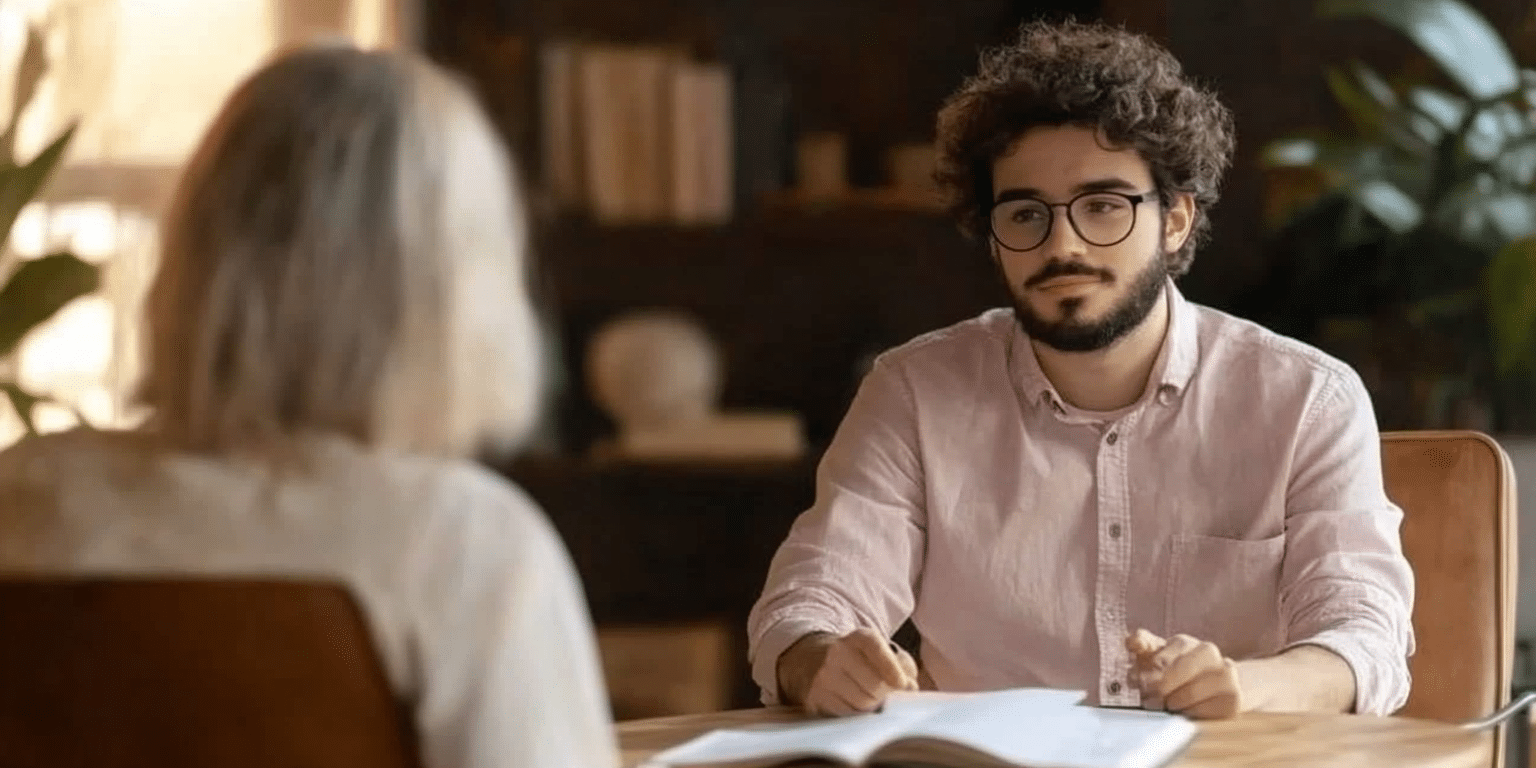5 Min Read
Tips for Beating FOMO: How to Have a Healthy Relationship With Social Media
Even if you’re not among the whopping 72 percent of American adults who use social media, it probably comes as no surprise that research has finally linked social media use to increased loneliness and depression. With adults admitting to spending an average of 144 minutes each on social networks on a daily basis —compared to only 37 minutes of quality time with family members— it’s fair to say that America as a whole has developed an unhealthy social media addiction.
Facebook FOMO
In 2018, researchers at the University of Pennsylvania asked 143 undergrads to either limit usage of Facebook, Instagram, and Snapchat to 10 minutes, per platform, per day, or to use social media as usual for three weeks. At the end of the study, both groups showed significant decreases in anxiety and fear of missing out (FOMO) over the baseline. Most importantly, however, the limited-use group showed significant reductions in loneliness and depression over three weeks compared to the control group.

Like any other bad habit, social media addiction has to provide at least a bit of pleasure for people to put up with the pain it wreaks on emotional and mental health. Social media apps allows us to share video, written, or photographic snapshots of our daily lives with others and keep in touch with people we may or may not ever see in person. In return, our “friends” do the same.
Like any other bad habit, social media addiction has to provide at least a bit of pleasure for people to put up with the pain it wreaks on emotional and mental health. Social media apps allow us to share video, written, or photographic snapshots of our daily lives with others and keep in touch with people we may or may not ever see in person. In return, our “friends” do the same.
Inevitably, though, we find ourselves comparing our lives to theirs. We lament our imperfections compared to their picture-perfect success. Every picture of their exotic vacations, videos of their adorable children, or gushing paragraph about their perfect spouse makes us feel a little less accomplished, secure, or loved. Although somewhere deep inside we know that a significant amount of what’s posted doesn’t truly jive with what’s going on in the real world, our self-esteem still takes a hit.
Time is not on your side
We know this will happen virtually every time we log in to our Snapchat or Facebook account, yet very few of us are willing to give up social media. This is, in part, due to the fear of missing out. So how do we turn this toxic addiction to social media into a healthy relationship that doesn’t make us lonely, anxious, and depressed?
The results of the University of Pennsylvania study offered an interesting angle on social media usage. Even without limiting the amount of time they spent on social media, the levels of anxiety and FOMO in the control group significantly decreased. The researchers posited this was a result of the users “simply becoming more aware” of their social media use by taking part in the trial.
Based on these findings, one positive step toward a healthier relationship with social media might be to simply document how much time you spend in your networks. Establish a baseline of how many times a day you visit each social media account, even if it’s just for a few minutes. If you’re like the control group, this number alone might be enough to make you reconsider your next login.

Find a Therapist to Navigate a Healthy Relationship With Social Media
Get personalized matchesIs it time for a digital detox?
Pew Research Center found that on average, half of Facebook’s adult users visit the site multiple times a day, with about three-quarters (74 percent) visiting at least once a day. The statistics for daily site visits to YouTube, Snapchat, Instagram, and Twitter ranged from 42 percent to 63 percent. If you have more than one social media account (and chances are, you do), that equates to a lot of time you’re not mentally present at work and with family and friends who exist in the real world.
As a result of their study, University of Pennsylvania researchers strongly suggest that “limiting social media use to approximately 30 minutes per day may lead to significant improvement in wellbeing.” Other experts agree that using social media in moderation is an excellent recommendation. They add that it’s a good idea to schedule a specific time of day to scroll through social media sites. Disable notifications that may distract you, perhaps only checking them at the end of the day.
Depending on the current level of your social media addiction, the first time you deliberately abstain from social media for a few hours or perhaps even a day without it may seem strange. You’ll probably find yourself reaching for your mobile device or opening a tab on your laptop simply out of habit. It will probably take some physical and mental restraint to resist the urge to just take a quick peek.
Positive impacts
You might ultimately find that you’ve replaced your social media time with more important things. Maybe you’re actually listening to your spouse during dinner instead of posting a picture of your meal on Instagram. Or maybe you’re frolicking with your kids on the beach instead of watching them through the lens of your phone. Maybe you’re being more productive at work because you’re not spending time figuring out ways to check your phone without your boss noticing.
If you’re a business owner or social media specialist by profession, you probably can’t escape the social networks. Business owners know that advertising and engaging on social media helps people get to know them and their products and services better than they would if advertising on any other channel. If marketing on social media is part of your job description, make a conscious effort not to switch to your personal accounts while posting or commenting for business purposes.
A social media detox can have an immediate positive effect on your mental health as well as your emotional health. You might even see changes in your physical health, depending on what you do with the time you’ve added back to your day.
A healthier relationship with social media means that you take it for what it’s worth, and use your social media accounts for good. Realize that your friends’ posts probably reflect only the best aspects of their lives. They’re not going to share their real-world struggles, although they are sure to have them.
If you have a problem with social media, it’s always a good idea to speak to a mental health professional. A licensed counselor or psychotherapist can help you work through your psychological attachment to social media, and together you can map out a plan to overcome your social media addiction.
Find a Therapist to Navigate a Healthy Relationship With Social Media




